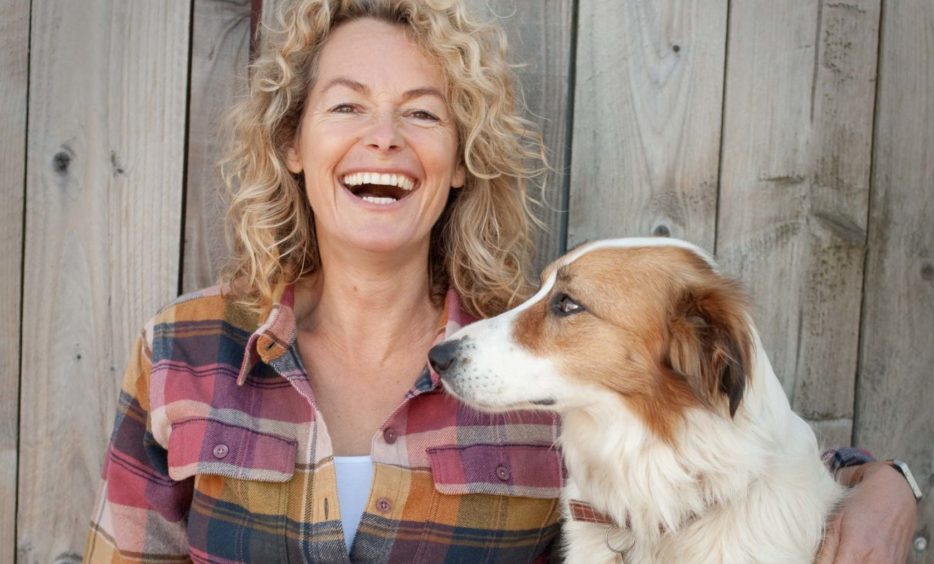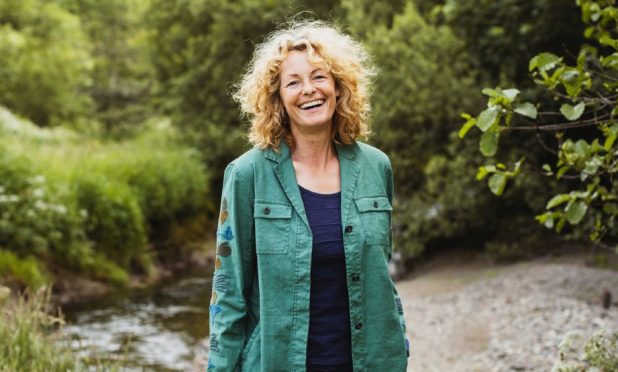
Her early years were spent mucking out stables and climbing trees, so it’s no surprise that Kate Humble has never really felt at home in the city.
It’s why one of the UK’s best-loved wildlife presenters jumped at the chance to pack up life in London and set up a farm in rural Wales where she’s now lived happily since 2007.
It’s taken her back to her days growing up, right at the heart of nature from the moment she wakes up every day – and with a whole load of animals to look after.
“I’ve very much got my L-plates on,” Kate laughs. “The mainstay of the farm is sheep and we have a herd of cows and a lovely bull called Ollie.
“Then we have some hens and ducks, a small number of goats, a couple of breeding sows, dogs and cats. That’s about it, I think!”
Finding home
Kate had grown tired of life in the city, where she was born before her family moved to rural Berkshire when she was six months old.
Her career brought her back to London before destiny called as Ludo Graham, her TV producer husband who she married in 1992, got a job offer in Wales.
“Every time we drove west over the Severn Bridge and the border, my heart lifted and I just thought: ‘this is it’,” Kate said.
“I’d felt un-at-home in London for a very long time. I was never very good at living in a city. It was great fun, initially it’s exciting and there’s everything there, apart from the things that make me feel at home.
“It’s interesting that I never felt at home in a city that perhaps I should have done and have felt far more at home in a country that isn’t mine. I feel a real sense of of belonging and settledness here that I never did in London.”
Her early adventures growing up in the 1970s in the great outdoors were what put her on the path to a long career in the natural world.
“It was a wonderful childhood, I was very lucky to have such an amazing family and to grow up where I did. It was absolutely idyllic and I know how lucky I was.
“It was clearly formative that time spent with mud under my fingernails or up trees, because that’s clearly what I was cut out for.
“I had to have a bit of a detour to London, but finally I’ve found it again!”
What it means to find home is a concept Kate has been thinking more and more about, particularly after lockdown increased focus on the spaces in which we live.
Although we primarily associate with the outdoors, she’s embraced a little more of the indoors as well in her latest book, Where The Hearth Is.
She shares her own thoughts, as well as stories of others who have found their own spaces to thrive in.
“It’s about exploring the idea of belonging,” she explained. “It’s looking at the intangible things that make us feel like we’re in a place that’s safe and secure, where we can be entirely ourselves.
“For everyone, the idea of home is different. For some it’s familiarity, for some it’s people or animals. For others it’s a view, a landscape that makes them feel at home.
“I worried when I first started researching the book, I thought, is everybody going to say the same thing? Their home is where their dog is and their photo album is… but actually, what was really interesting about talking to all these amazingly generous people was how hard won a home is, and also how easy it is to lose it almost always through no fault of your own. It’s a perilous state.
“When you find your perfect place, it made me realise what a huge act of generosity it is to invite somebody into your home.”
‘Incredible’ TV career
Kate never intended to become a TV presenter, taking a year after leaving school to travel in Africa before working her way up the ranks in television production to become a researcher and producer.
Eventually – when she says they were ‘scraping the bottom of the barrel for presenters’ – she made it on screen and has barely been away since.
“Most of the television, I’m doing the same job as I always was,” she said. “I’m a researcher and a producer. I just stand in a slightly different place these days.
“I have no interest in being ‘on telly’ but it’s a lovely medium for telling stories and showing amazing parts of the world or introducing viewers to incredible people, important landscapes, science or things that are going to enhance their lives.
“I’ve been very lucky. TV’s in a strange place at the moment. There’s lots of people out of work, which no one’s really talking about very much, and I feel extraordinarily lucky that I’ve had a career that has been able to support me.
“It’s given me some incredible opportunities, not least to meet some people who have changed my life, have inspired me, have taught me more than school could ever.
“I would love to continue working in the industry if it continues and that’s the uncertain thing at the moment, where it’s going to go.
“I’ve had thirty, probably more, really good years. I’m very thankful for coming into the industry when I did.”
Inspiring others
Through being a mainstay on our screens across almost 25 years of presenting Animal Park, as well as numerous documentaries and the first years of Springwatch, Kate’s programmes have inspired others to follow in her footsteps.
“It’s an enormous responsibility,” she said. “Possibly the best compliment that I can ever receive is from somebody who says they’re doing a zoology degree because they grew up watching me.
“There’ll be a new Animal Park series out in the summer, and I’m working with people at Longleat who grew up watching it and became keepers because they loved the programme.
“It does obviously make me feel like everybody’s granny, which I try to forget, but it feels like a really good legacy to inspire a new generation of people to take an interest in the environment, to care for wildlife and to champion the things that I hold dear.”
Kate firmly believes that the connection to nature she’s had all her live is vital for both our physical and mental wellbeing – and that it’s something becoming increasingly forgotten.
“It’s extraordinary to me that we even have to talk about it. It should just be an inherent part of everybody’s lives.
“It’s not just now, because of the climate crisis, that we are understanding the importance of the connection with nature. We’ve understood that for millennia, ever since we became bipeds and started walking around.
“We’re a very odd species, Homo sapiens, because we somehow think that we’re separate from the rest of the natural world. But we’re not.
“We’re just another mammal and we fit into an ecosystem and yet we’ve done our level best to destroy the very fundamental elements that keep us alive, as well as our fellow species.
“It is hugely, hugely important for young people to have access to nature, even an urban park is still a green space. Even if it’s pigeons and magpies and squirrels, it doesn’t matter.
“If children are cut off from that it is very difficult for them to then understand why protecting the natural world is important.”
‘We need to take care of the land’
Despite insisting she’s still a novice when it comes to farming, Kate Humble has learned plenty of lessons on her small, 117-acre farm in Wye Valley in south-east Wales.
The first key thing: never try to do battle with nature.
“It’s absolutely pointless, you will always lose,” she said. “The weather is always going to be unpredictable. There’s nothing you can do about that. You are in nature’s hands. So work with her.”
A second crucial element is that even though you’ve paid money for your piece of land – you actually don’t own it.
“You’re just the custodian,” Kate explains. “That has made me realise how important the way you look after land is, because whatever you do is the legacy you pass on, whether it’s for the next person who owns that land or your family.
“We’re facing a really uncertain future with regards to climate, so the way we look after and use our land has never been more important. It shouldn’t be about exploiting land. It should be about caring for it – and it will pay you back.”
A new series of Kate’s series Escape to the Farm hit our screens this week.
The last few years have been tough on the agriculture industry, and a key strand to the new episodes is diversification.
“It’s crazy that farmers produce something everybody needs, food, and yet it’s really hard for them to make a living, particularly small farms that are high welfare and work with nature.
“It’s really shocking that the only way farmers can make a living is by exploiting the land to a point of almost no return, animals being factory farmed. That’s a very poor reflection on us as consumers, as well as everything else.
“One of the things we look at in this series are the very brilliant, often inventive ways farmers or people working with them generate more income in a sustainable and sensitive way on their land.
“It was a really fascinating series to do and made me come away with lots of ideas!”
Kate Humble is at the Borders Book Festival, Friday June 14 at 7.15pm. Visit bordersbookfestival.org/event/kate-humble

Enjoy the convenience of having The Sunday Post delivered as a digital ePaper straight to your smartphone, tablet or computer.
Subscribe for only £5.49 a month and enjoy all the benefits of the printed paper as a digital replica.
Subscribe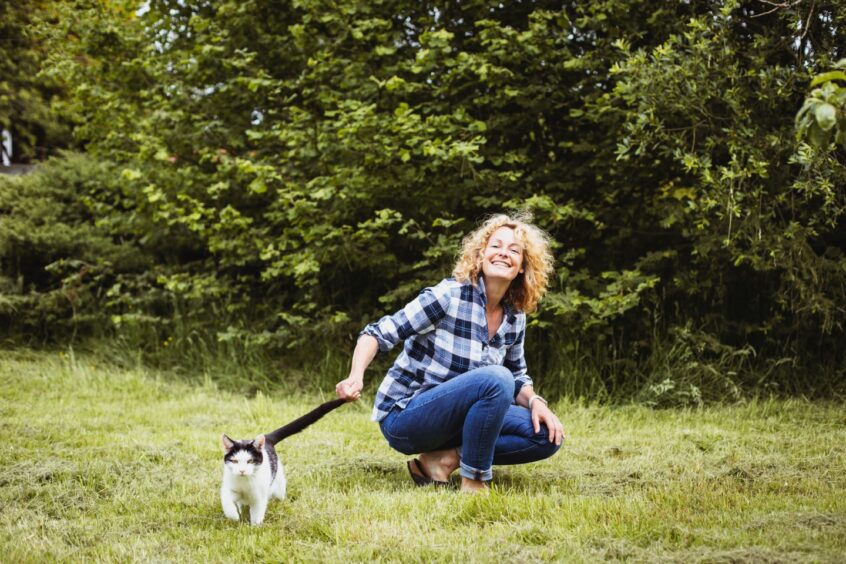 © PA
© PA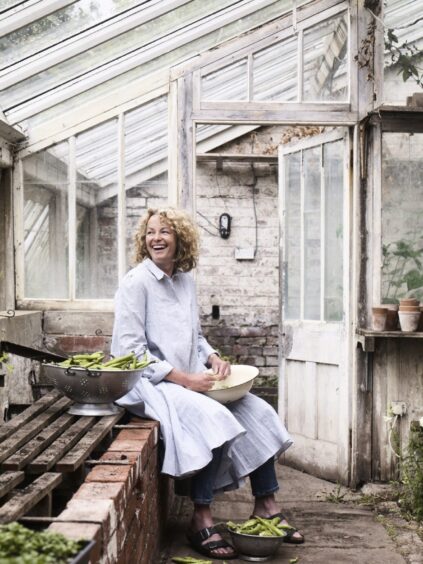 © Supplied by shutterstock
© Supplied by shutterstock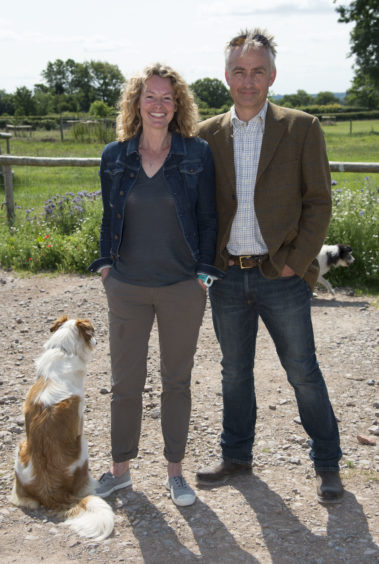 © Tim Rooke/Shutterstock
© Tim Rooke/Shutterstock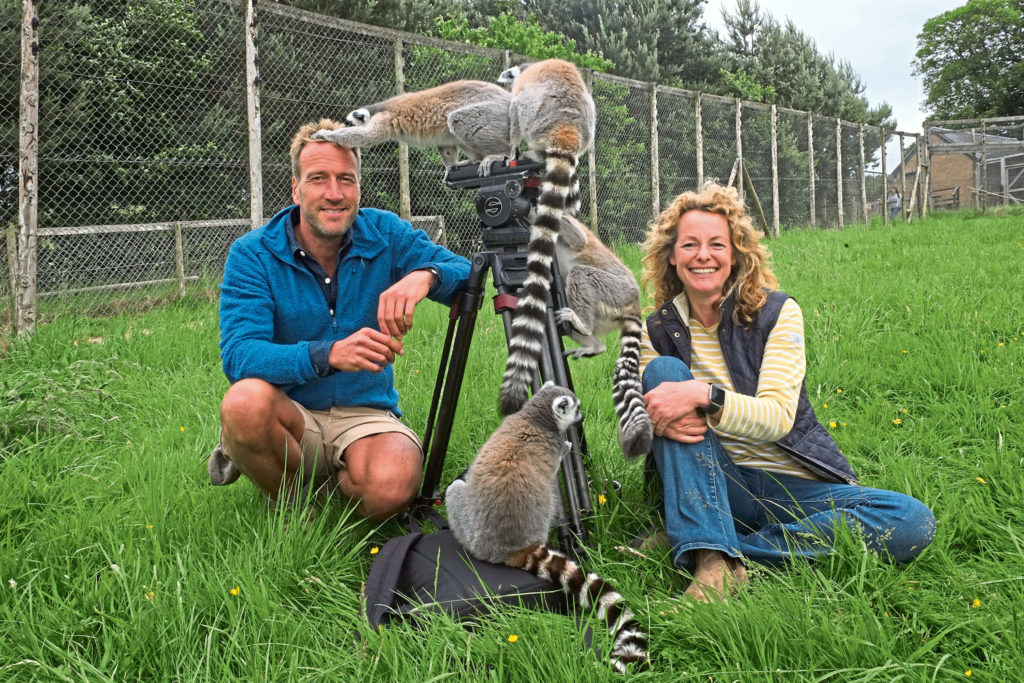
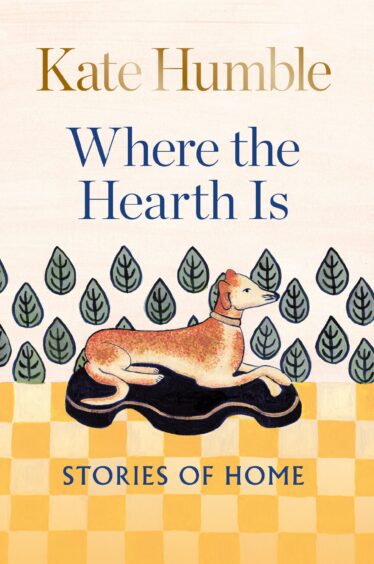 © Supplied by shutterstock
© Supplied by shutterstock